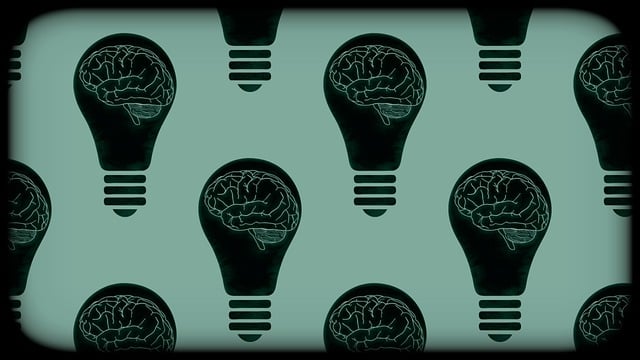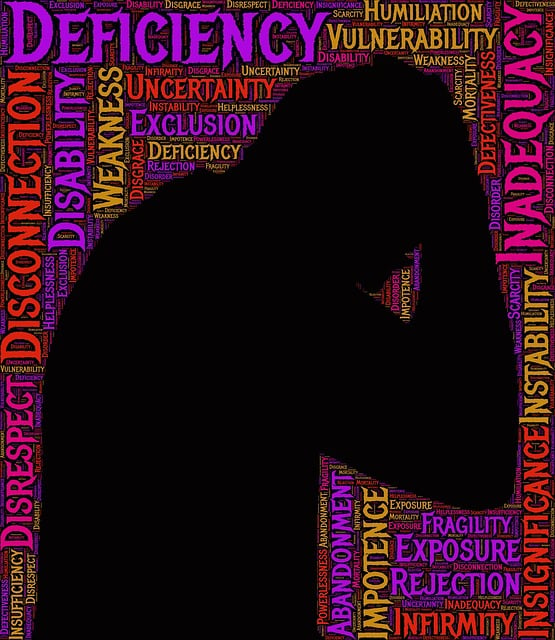Castle Rock Acceptance and Commitment Therapy (CRT) is a powerful tool for cultivating resilience by addressing the impact of challenging events. This therapy guides professionals in risk management planning, empowering them to help clients develop mental fortitude. By integrating mindfulness practices, guided imagery, conflict resolution strategies, and self-care routines, CRT enhances resilience and promotes better stress management. The ultimate goal is to enable individuals to overcome obstacles, improve mental well-being, and build stronger communities through adaptive coping strategies.
Resilience is our ability to adapt and bounce back from life’s challenges. When faced with adversity, we often struggle to find our footing, but understanding and building resilience can empower us to navigate turbulent times. This article explores the power of Castle Rock Acceptance and Commitment Therapy (CRT), a structured approach that leverages RFM—a framework for resilience. We’ll delve into ACT’s role in fostering resilience, its key components, practical exercises, and how to integrate these techniques into daily life for a more resilient mindset.
- Understanding RFM: A Framework for Resilience
- The Role of Acceptance and Commitment Therapy (ACT) in Building Resilience
- Key Components of Castle Rock Acceptance and Commitment Therapy (CRT)
- Practical Exercises for Enhancing Resilience Using CRT Techniques
- Integrating RFM into Daily Life: Cultivating a Resilient Mindset
Understanding RFM: A Framework for Resilience

Resilience is the cornerstone of mental well-being, enabling individuals to navigate life’s challenges and setbacks with adaptability and bounce back strength. This is where Castle Rock Acceptance and Commitment Therapy (RFT) steps in as a powerful tool. RFT provides a framework for understanding resilience by focusing on three key factors: Recency (how recent have challenging events occurred), Frequency (the overall frequency of these events), and Magnitude (the intensity or impact of the challenges). This model helps individuals identify areas where they can strengthen their resilience, especially in the context of mental health professionals who often encounter clients facing various difficulties.
By applying RFT principles, professionals can facilitate effective Risk Management Planning for Mental Health Professionals, empowering them to support clients in cultivating resilience. Incorporating practices like Mindfulness Meditation into therapy sessions and Mental Health Education Programs Design that emphasize self-care and adaptive coping strategies further enhances this process. Understanding RFM allows therapists to tailor their approach, ensuring clients develop the mental fortitude to overcome obstacles and lead more fulfilling lives.
The Role of Acceptance and Commitment Therapy (ACT) in Building Resilience

Acceptance and Commitment Therapy (ACT) plays a pivotal role in building resilience among individuals. This therapeutic approach encourages people to embrace their experiences, both positive and negative, fostering a deeper understanding of themselves and their reactions. By promoting emotional regulation and empathy-building strategies, ACT empowers individuals to navigate life’s challenges with greater flexibility and adaptation.
In the context of mental health professionals, integrating Castle Rock Acceptance and Commitment Therapy into risk management planning can significantly enhance resilience. This involves learning to accept that difficult thoughts and emotions are a normal part of life while committing to actions aligned with personal values. Such practices not only strengthen coping mechanisms but also enable professionals to better support their clients in managing stress and adversity, ultimately fostering more resilient communities.
Key Components of Castle Rock Acceptance and Commitment Therapy (CRT)

The Castle Rock Acceptance and Commitment Therapy (CRT) is a therapeutic approach that focuses on key components to enhance resilience and overall well-being. One of its central pillars is acceptance, encouraging individuals to embrace their experiences, emotions, and thoughts without judgment. This process allows for a deeper understanding of internal experiences, fostering self-awareness and self-acceptance.
Additionally, CRT emphasizes commitment to actions that align with personal values. By identifying and acting upon these values, individuals can set meaningful goals and create a sense of purpose. This component is crucial in preventing burnout by promoting a proactive approach to managing stress and cultivating a fulfilling life. Through these practices, individuals develop effective coping strategies, enhance their ability to navigate challenging situations, and ultimately improve their mental health, incorporating effective stress reduction methods and establishing a robust self-care routine.
Practical Exercises for Enhancing Resilience Using CRT Techniques

Resilience is a key component of mental wellness, enabling individuals to adapt and bounce back from challenges and setbacks. Practical exercises using Castle Rock Acceptance and Commitment Therapy (CRT) techniques offer an effective framework for enhancing resilience. One such exercise involves guided imagery, where individuals visualize themselves navigating through difficult situations with composure and clarity. By mentally rehearsing responses, they can develop a sense of calm and self-efficacy, crucial for managing stress and adversity.
Additionally, conflict resolution techniques are integrated into CRT to foster empathy building strategies. Encouraging active listening and perspective-taking in both personal and professional contexts helps individuals understand different viewpoints, promoting more constructive interactions. Mental wellness journaling exercises further support this process by providing a safe space to reflect on experiences, identify patterns, and gain insights into one’s emotional responses, ultimately strengthening resilience through self-awareness and personal growth.
Integrating RFM into Daily Life: Cultivating a Resilient Mindset

Integrating RFM (Resilience, Flexibility, and Mindfulness) into daily life is a powerful approach to cultivating a resilient mindset, much like Castle Rock Acceptance and Commitment Therapy (ACT). This involves adopting practices that enhance emotional regulation and promote a sense of control over one’s reactions to stress. By incorporating mindfulness techniques, individuals can develop a deeper awareness of their thoughts and emotions, enabling them to respond rather than react in challenging situations.
Self-care routine development for better mental health is a key aspect of this integration. Regular practices such as meditation, deep breathing exercises, and engaging in physical activity contribute to emotional wellness coaching programs. These activities support the body’s natural healing processes, fostering resilience and flexibility in navigating life’s ups and downs. Over time, individuals can enhance their ability to cope with stress, ultimately leading to improved mental wellness.
The integration of RFM, as outlined in this article, provides a comprehensive approach to building resilience through Castle Rock Acceptance and Commitment Therapy (CRT) techniques. By understanding the framework of RFM and embracing key components like acceptance, present-moment awareness, and values-driven action, individuals can enhance their ability to navigate challenges. Practical exercises, such as those described for CRT, offer tangible tools to cultivate a resilient mindset. Adopting these strategies into daily life encourages mental flexibility, emotional regulation, and a stronger capacity to persevere through adversity, ultimately fostering a more fulfilling and adaptable existence.














